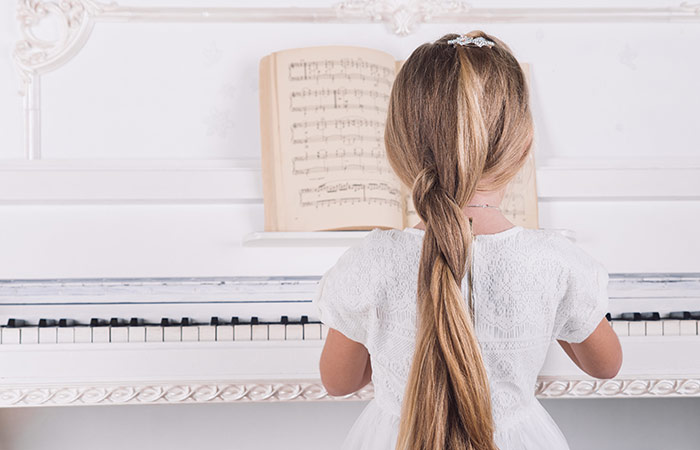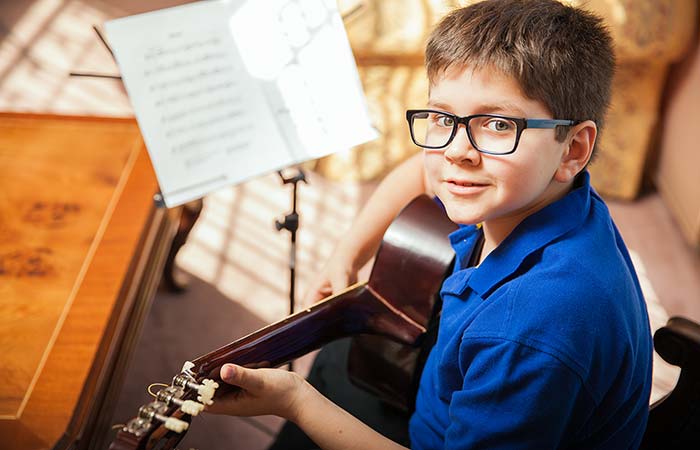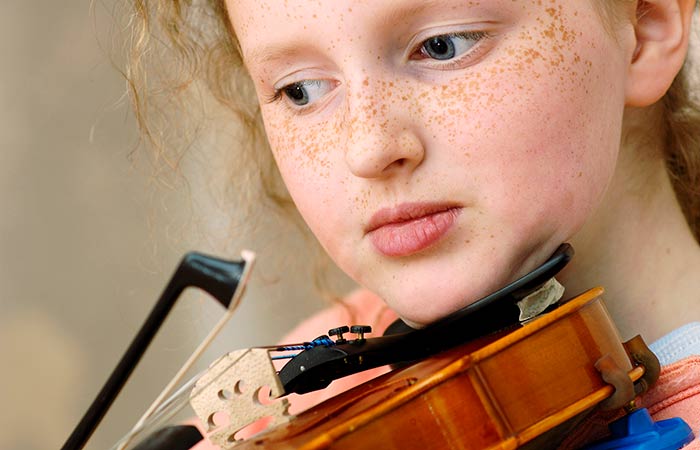My child is suffering from depression. Can music heal him?
One immediately thinks of the story of Saul and David and how Saul was relieved of bouts of depression by David playing a harp. But then when you do a bit of scientific research, you are overwhelmed by the amount of documented research that had been done on this subject, on what I would call the listening patient model: A person suffering from depression is treated by a consultant who plays specific music for him or her on an appointed time. The results of improvement of the patient are amazing, and in many instances the patient is healed just by listening to the music.
The therapy should apparently be applied consistently.This may at first glance sound too good to be true, but depression is a mood swing, and music is the strongest mood influencer we know. Now I can quite imagine what effect the playing of good music on an instrument will have on the instrument player who is feeling a bit down. My wife gave me an object lesson on this. I was feeling a bit down whilst we were discussing this phenomenon, and she got me (without revealing the purpose to me) to pick up the guitar and play some of my youth-era-songs that had a very positive emotion attached to it. I immediately had a positive mood swing.She later pointed my mood change out to me. The one moment I was lacklustre and the next I was on top of the world.
This is quite an amazing effect music can have on you. Apparently many ”patients” suffering from depression want to listen to sad music when they feel depressed. One should think this is a no-no, but not true. The sad music also reproduces a positive outcome – the patients’ mood change for the better! Nobody really knows why this happens, but the patients say that this type of music has a soothing effect on them.
What is depression?
So what is depression exactly? It is a negative mood that at a low level can make you feel down a bit, or at a high (clinical) level, can suppress your will to live.The NHS makes the point strongly that depression is an illness, and not just a negative mood.”Some people think depression is trivial and not a genuine health condition.They’re wrong.It’s a real illness with real symptoms.” The NHS says that depression affects different people differently and can cause a wide variety of symptoms. There can also be physical symptoms such as constantly feeling tired, sleeping badly, having no appetite or various aches and pains.
If you’re depressed you may feel sad, hopeless and lose interest in the things you used to enjoy. The Symptoms may persist for weeks and months and are bad enough to interfere with your social life, your work, and your family life.
The psychological symptoms include:
* continuous low mood or sadness
* feeling hopeless and helpless
* having a low self-esteem
* feeling tearful
* feeling guilt-ridden
* feeling irritable
* having no motivation or interest in things
* finding it difficult to make decisions
* not getting enjoyment out of life
* feeling worried or anxious
* having suicidal thoughts
The physical symptoms of depression include:
* moving or speaking slower than usually
* constipation
* weight gain or loss
* lack of energy
* unexplained aches and pains
* disturbed sleep
Some causes of depression
* Genetics and biology
* Brain chemistry imbalance
* Circadian rhythm disturbance
* Poor nutrition
* Physical health problems
* Stressful life Events
* Grief and loss
Music therapy is known to do wonders for people who have depression. Music therapists are usually skilled musicians who have in-depth knowledge of how music can stimulate emotional response to relax people or help them heal mental disorders. According to a 2011 Study by Finnish researchers in the British journal of Psychiatrists, music therapy PLUS standard care shows more steady improvement in depressive symptoms among the depressed, than those just receiving standard care.
AMTA (The American Music Association) was formed in 1998 and is the single largest music therapy association in the world, serving over 5000 music therapists across 30 different countries. Among their documented outcomes for music therapy in the case of depression, the have found are:
* Reduced muscle tension
* Increased self-esteem
* Decreased anxiety
* enhanced interpersonal relationships
* Increased motivation
* Successful and safe emotional release
Active and passive music therapy
Music Therapy is usually either active or passive. In active therapy the therapist and the patient compose music using an instrument or the voice. The patient is encouraged to share the thoughts and feelings that surface with the composition. Ideally the patient will develop insight into his or her problems. In passive therapy the patient will listen to the music whilst drawing, or meditating or doing some kind of reflective activity. The therapist and patient then talk about the feelings or memories evoked by the music. The active therapy doesn’t seem so far away from normal music class where you have a very sympathetic and kind teacher, who encourages composition.There is also nothing to stop parent from locating a music teacher who is also a music therapist and ask the teacher to incorporate some therapy into the class session to help a child suffering from depression. It is clear that even just a very sympathetic teacher giving music classes will to a degree help a child with depression. The verdict of the literature is unanimous: All young people with a problem of depression can be healed if the problem is dealt with quickly.
So parents, if your question is about depression and music as a cure, the answer is very positive. There would be many teachers who would like to take on such challenge, even if they haven’t ventured on this area before If you cannot find a specialist music therapist in your area, I am sure that a good music school would be able to identify a good teacher that would consult the literature, and be able to deliver a programme of music therapy with your child..







